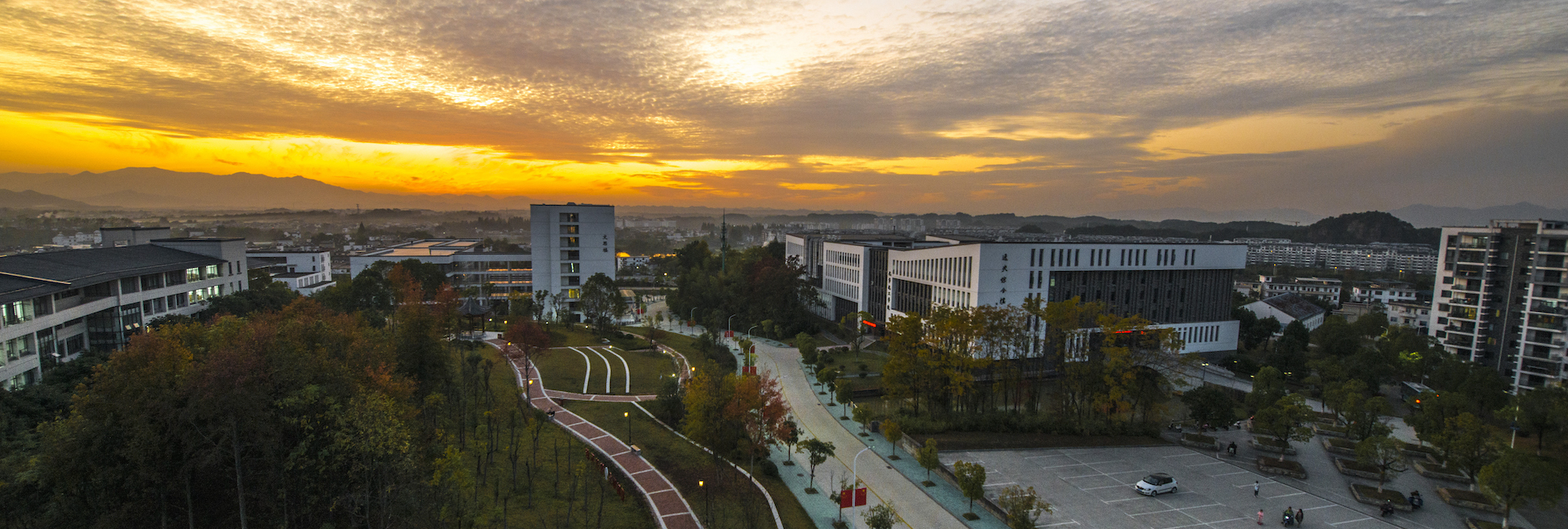Program Features
The Food Science and Engineering program at Huangshan University consistently adheres to the educational philosophy of Rooted in the Region, Serving the Industry, Emphasizing Application. Our core mission is to cultivate applied, high-caliber food engineering professionals with a solid theoretical foundation, outstanding practical skills, and keen innovative awareness.
Our distinctive features are:
1. Precise Alignment with Industry Needs: Program development is closely tied to key segments of the food industry chain and the specific needs of the regional food sector, particularly in Southern Anhui and the Yangtze River Delta region. We conduct in-depth analysis of core target career paths (e.g., Product R&D Engineer, Process Engineer, Quality Control Engineer, Production Management, Food Safety Management) and their associated job tasks.
2. Competency-Based Curriculum: Through rigorous job task analysis, we have systematically redesigned course content to bridge the gap between theory and practice. A defining feature is our Authentic Enterprise Project-Driven curriculum framework. Real-world industry challenges, new product development requirements, and process optimization projects are integrated into core courses (such as Food Technology, Food Engineering Principles, Food Plant Design, Food Quality Management) and their associated labs and projects.
3. Developing Core Competencies: Command of Principles & Demonstration of Practical Ability: Utilizing project-based learning, case studies, comprehensive practical training, and industry internships, we focus on equipping students with robust core competencies. Graduates will demonstrate foundational proficiency in:
Command Food Formulation Principles & Demonstrate Formulation Design Ability: Deeply understand food component interactions and formulation science; capable of independently or collaboratively designing food formulas to meet specific functional, flavor, and nutritional requirements.
Command Food Processing Principles & Demonstrate Process Design Ability: Master unit operation principles and food processing technologies; able to design or optimize production processes and parameters for specific products.
Command Food Engineering Principles & Demonstrate Engineering Design Ability: Grasp fundamental food engineering theory and equipment knowledge; capable of contributing to food plant layout, equipment selection, and preliminary production line design.
Command Food Quality/Safety Principles & Demonstrate Enterprise Management Ability: Proficient in food safety regulations and quality management systems (e.g., HACCP, ISO 22000); able to implement quality control measures, participate in food safety management, and understand essential production operations.
4. Deep Industry-Education Integration: The implementation of our Enterprise Project-Driven approach relies on robust university-industry partnerships established with numerous renowned food enterprises. Industry partners actively participate in curriculum development, provide authentic projects and internship placements, and send technical experts to deliver lectures or supervise capstone projects. This ensures teaching content remains current with industry advancements and practical training is directly relevant to real production environments.
Ultimate Goal: This distinctive training model significantly reduces the job adaptation period for graduates, enabling them to rapidly translate acquired knowledge and skills into the ability to solve real-world engineering problems. This meets the urgent demand of the modern food industry for highly skilled, applied engineering professionals and contributes to the innovative development of the regional and national food sector.
